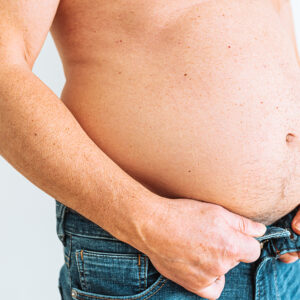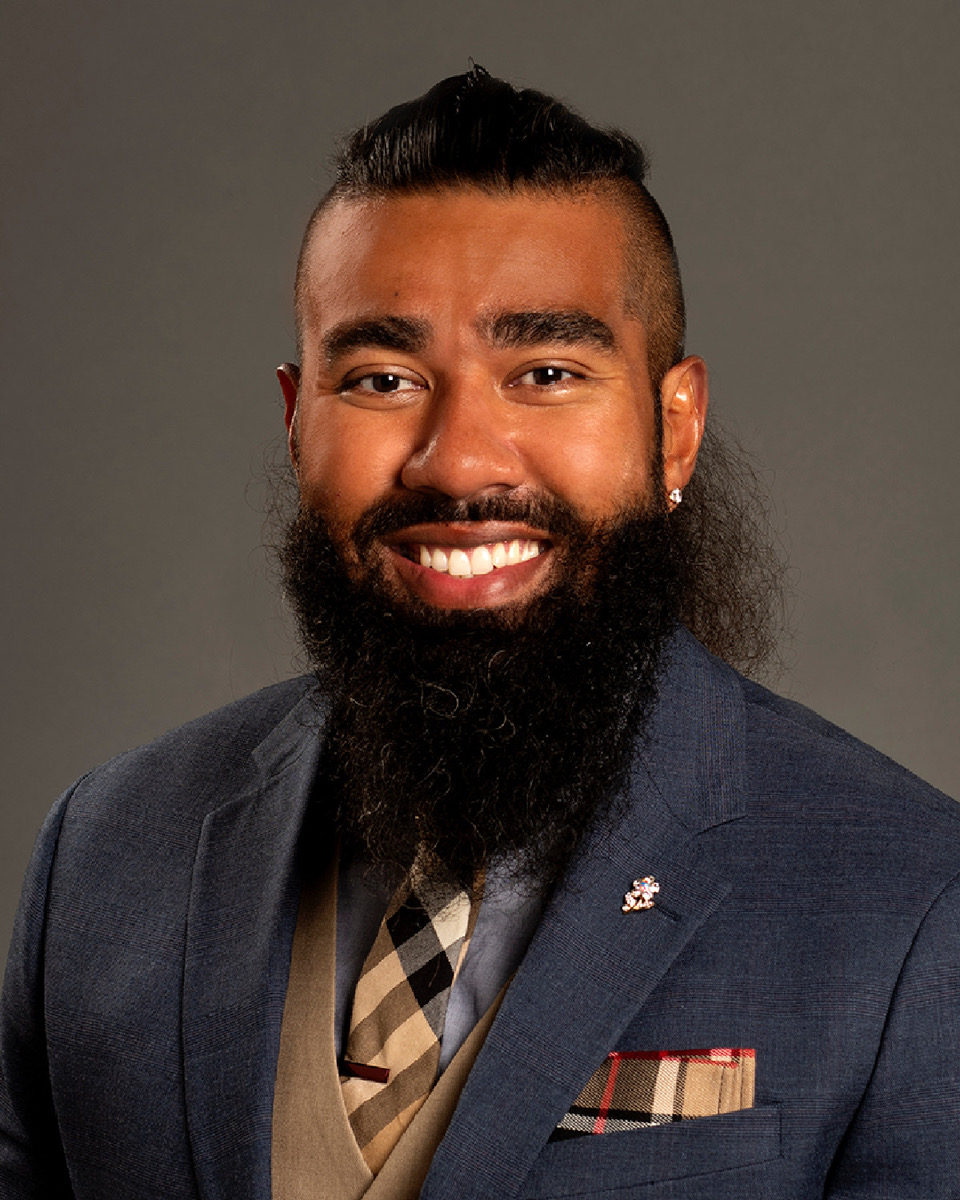Body positivity has gained momentum in recent years as a much-needed response to the unrealistic beauty standards perpetuated by media and society. It aims to promote self-acceptance and love for one’s body, irrespective of shape, size or appearance.
While the movement has been primarily associated with women, there exists a significant disparity when it comes to body positivity for men. The entertainment industry has long been known for promoting unrealistic beauty standards, particularly when it comes to body size. Despite progress in recent years, the industry has been slow to embrace diversity and inclusion, especially when it comes to plus-size male models. The beauty standard for females has evolved; it’s time for the same evolution of the male beauty standard.
There is no denying that body positivity has made significant strides in recent years, but the representation of plus-size men in the entertainment industry is still lacking. The majority of male models we see in advertisements, magazines and runways are slim, toned and/or muscular. This narrow representation of male beauty can have damaging effects on men’s mental health, body image and self-esteem. This is no different from the historically narrow representation of female beauty having damaging effects on women’s mental health, body image and self-esteem.
Body positivity for women emerged as a powerful movement seeking to dismantle the toxic culture surrounding female bodies. Women have historically been subjected to unrealistic beauty standards, objectification and body shaming, which led to profound negative effects on their self-esteem and mental health. Body positivity has played a crucial role in challenging these harmful norms, empowering women to embrace their bodies and celebrate their uniqueness.
Body positivity for men, however, has been overshadowed and underrepresented. Society perpetuates the notion that men should conform to specific body types characterized by muscularity, strength and athleticism. Men who do not fit into these rigid molds often experience body shame and self-doubt. They may feel inadequate, as though they do not measure up to societal expectations of what a “real man” should look like.
Employing plus-size male models is essential for the entertainment industry if the goal is to acknowledge and celebrate diversity. People come in all shapes and sizes, and the industry needs to reflect that. By including plus-size male models in their campaigns and shows, the industry can help to combat unrealistic beauty standards that are prevalent.
Inclusion can also have a positive effect on men’s mental health since men are under pressure to conform to societal beauty standards. Inclusion can help men feel seen and validated, which can go a long way in boosting their self-esteem and promoting positive body image.
Inclusion also makes good business sense since the entertainment industry is a multi-billion-dollar industry that relies on sales. By embracing diversity and inclusion, brands can reach a more extensive customer base and tap into a market that has traditionally been overlooked. The plus-size male market is a vast, untapped market that could be incredibly lucrative if brands invest in it.
The hypocrisy of body positivity is evident in how society treats body image concerns differently based on gender. Women are encouraged to embrace their bodies, no matter their shape or size, while men are often expected to conform to narrow definitions of masculinity and physicality. This double standard not only perpetuates gender stereotypes but also ignores the mental health challenges faced by men as a result of body shaming and unrealistic standards.
Body positivity’s focus on women has inadvertently reinforced the idea that body image is primarily a female issue. Men are often discouraged from discussing their body image insecurities due to societal norms that equate vulnerability with weakness and thus, men may suffer in silence, leading to severe consequences for their mental well-being.
Employing plus-size male models is essential for promoting diversity and inclusion in the entertainment industry. It can have a positive effect on men’s mental health, body image and self-esteem, while also making good business sense.
It is time for the entertainment industry to step up and embrace plus-size male models and start breaking down the unrealistic beauty standards that have plagued our society far too long. It is crucial to recognize that body positivity should be an all-encompassing movement that acknowledges and supports individuals of all genders. By dismantling the double standards and embracing body positivity for everyone, we can foster a more inclusive and empathetic society that celebrates the uniqueness and worth of every individual, regardless of their appearance.


